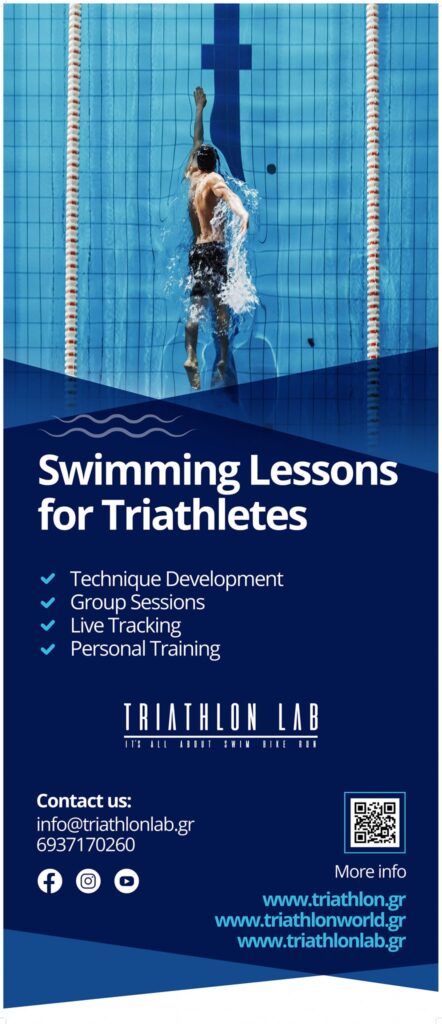Monaco – The International Association of Athletics Federations (IAAF), which historically has been at the forefront of the fight against doping in world sport, has today published a video interview and transcript with one of the world’s leading campaigners in this area.
This ground-breaking initiative has been undertaken to better explain the fundamental structures and ethos behind the IAAF’s world-leading anti-doping programme.
IAAF Council Member Abby Hoffman, who is a long-standing member of the IAAF Medical and Anti-Doping Commission, took time out during the recent IAAF World Junior Championships, Oregon 2014 to give an exclusive interview in which she answered many of the key questions concerning the IAAF anti-doping programme.
A former international athlete, Hoffman competed at four Olympic Games and reached the finals of the 800m in 1968 and 1972. She won Commonwealth gold in 1966 and twice won the Pan-American title. After retiring from competition in the 1970s, Hoffman has been heavily involved in building Canada’s anti-doping structure and has become a passionate authority on anti-doping internationally.
Last November on behalf of IAAF President Lamine Diack, Hoffman delivered a strong statement about the IAAF’s view of the new WADA code to the 2013 World Conference on Doping in Sport, organised by the World Anti-Doping Agency (WADA) in Johannesburg.
“I’ve always been conscious of the fact that, no matter how few people do it, doping undermines the integrity of the sport,” she said. “It makes sport a miserable place for those who abide by the rules.
“As an international sporting body, the biggest focus for the IAAF is on our testing programme. We have one of the most – if not the most – comprehensive programmes in the world.”
“We test athletes at major events, but in-competition testing is just the tip of the iceberg. One of the most important features of the programme is the biological passport, whereby blood samples are stored which are analysed and profiled over a period of time.”
Hoffman explained how the profiling – which was previously focused on detecting substances used mainly by endurance athletes – has now improved.
“The first focus on biological profiling was to look at blood samples and abnormalities, which was very useful for endurance events,” she said. “With scientific capabilities now, we have moved on to assess steroid profiles in athletes. It means we’re now able to look at power and sprint events in the same way.
“The use of the biological passport and profiling means we’re able to shift the focus from searching for substance use to looking at the impact of using a doping agent. This has really changed the world of detection in a dramatic way.”
One of the other recent innovations used to great effect by the IAAF has been the retesting of past samples.
“It’s a really important innovation,” said Hoffman. “The IAAF has maintained samples of all medallists from major events since 2005. As testing science improves, we’re going back to test samples that originally tested negative and with our new technology we’re getting new results. So far it has been very successful and 15 athletes have been charged with doping infractions based on retesting of samples.
“It means that just because an athlete might not get caught today, they won’t have the assurance that they won’t get caught in the next decade.”
The new WADA code will increase the statute of limitations from eight to 10 years, which is useful for the retesting of samples. There will be other changes to the code too, as Hoffman explained.
“WADA has to balance the interests of many sports federations,” said Hoffman. “Sometimes the concern is that WADA puts the watermark too low for our appetite, but on the other hand they are receptive. We lobbied very hard for the new four-year penalty for significant doping offences which will come into effect in January 2015.”
Hoffman also commented on one recent high-profile case in which US sprinter Tyson Gay had his ban reduced after assisting the authorities by providing crucial information.
“This was a case where an athlete was apprehended. There was no question; he admitted it,” said Hoffman. “But he did offer significant and substantial assistance that we know has led to the apprehension of other athletes and it will lead to action being taken against other individuals, non-athletes.
“There’s a trade-off. If we want to get intelligence and inform that will help us better manage and curtail doping, then we have to bite our tongue and hold our nose and a guy like Tyson Gay will get a reduced penalty. You can always look at one case and find things to pick holes in, but if you look at the whole landscape, you get a different view.”
In a final comment, Hoffman was keen to underline the simple reason why athletes should refrain from doping.
“You get into the sport because you love it,” she said. “That’s the ethic that should underpin what you do.”






 English
English








